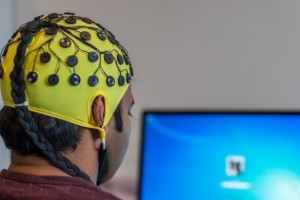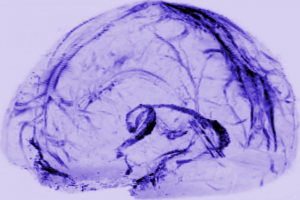Adults with autism can read complex emotions in others
Psychologists at the University of Kent used eye-tracking technology to monitor participants as they read stories in which a character made a decision then experienced a positive or negative outcome.
Psychologists at the University of Kent used eye-tracking technology to monitor participants as they read stories in which a character made a decision then experienced a positive or negative outcome.
The lead author Professor Heather Ferguson, from the University's School of Psychology, explained that the study highlights a previously overlooked strength in adults with ASD.
The researchers found that adults with autism spectrum disorder (ASD) were quickly able to think about how things might have turned out differently (either better or worse than reality), then judge whether the story character would feel regret or relief (known as counterfactual emotions).
YOU MAY READ MORE HERE.





Related Posts